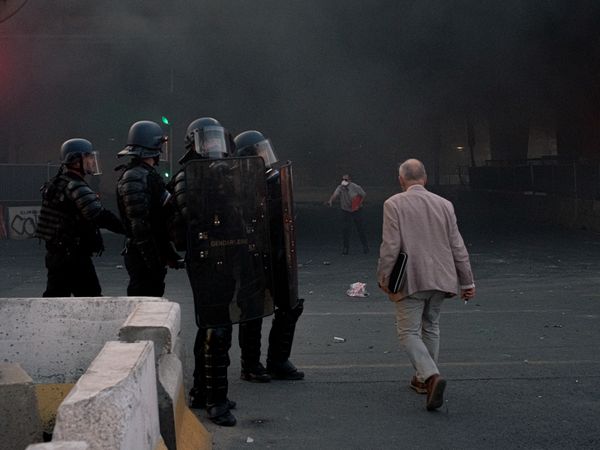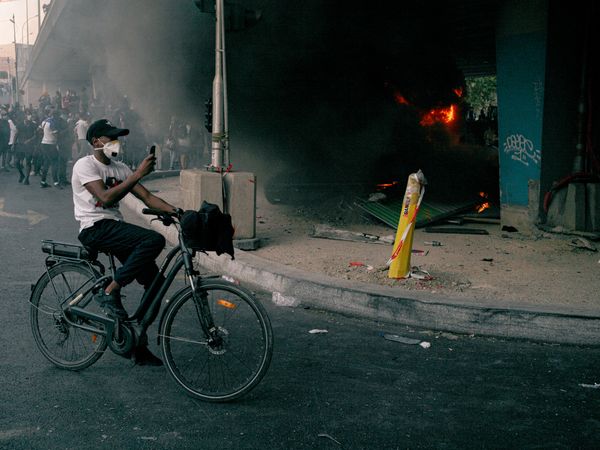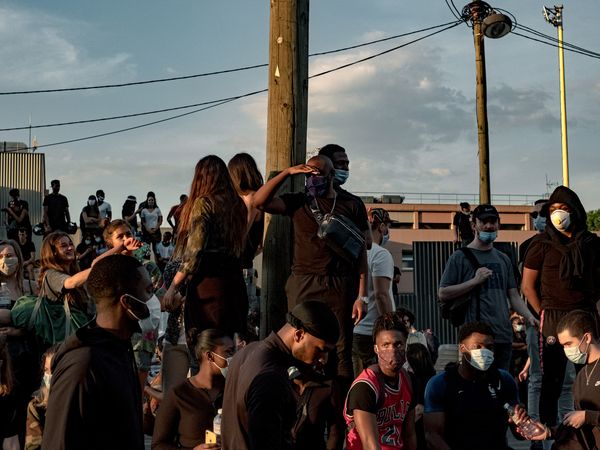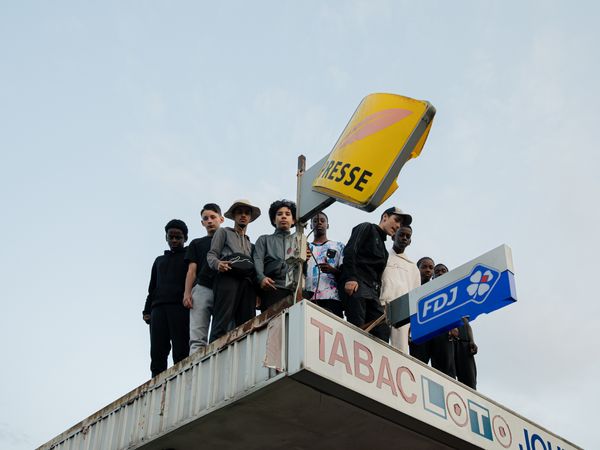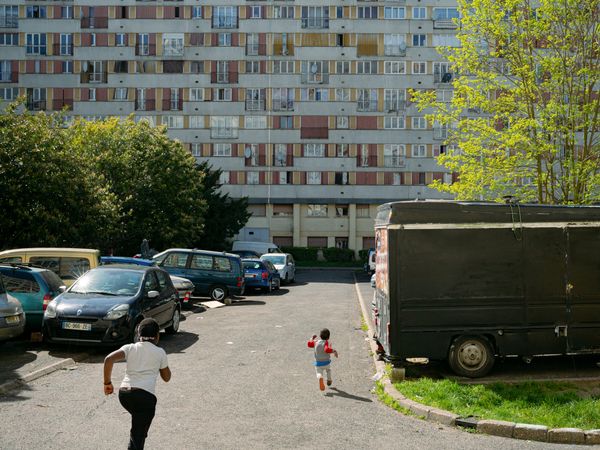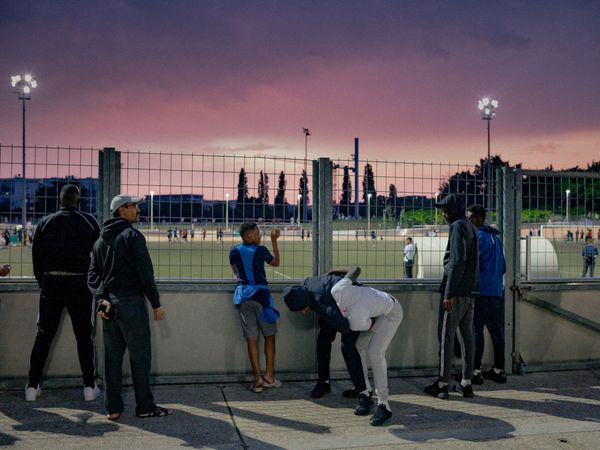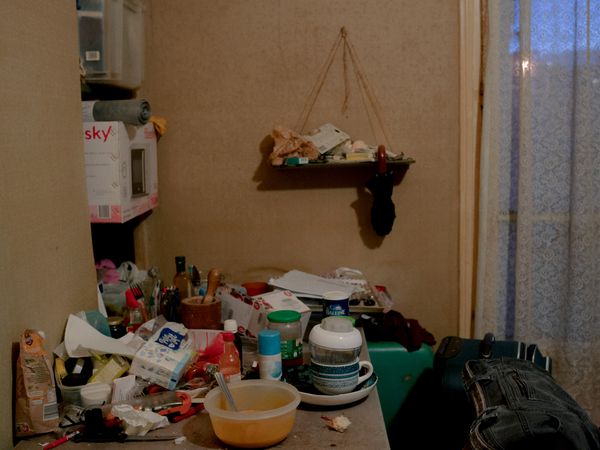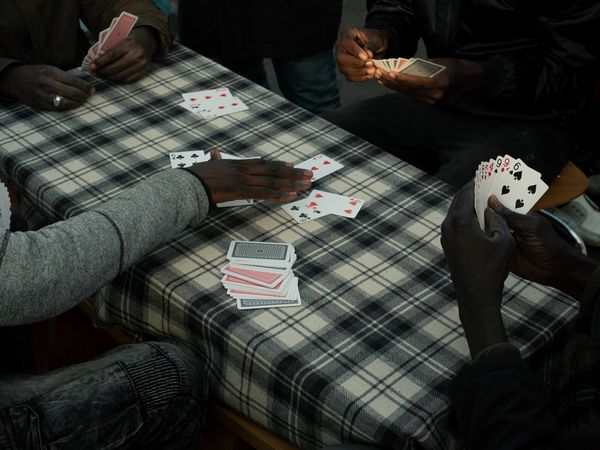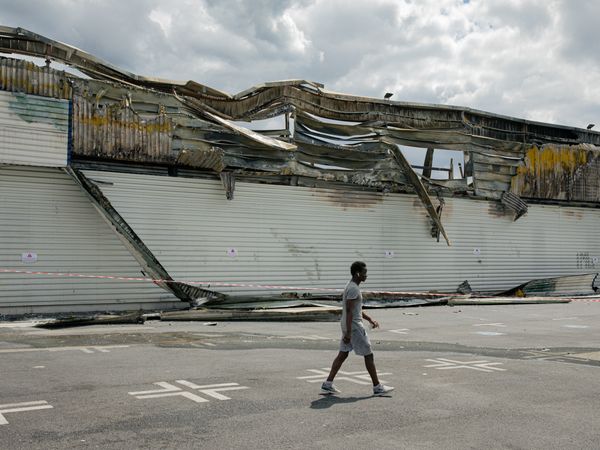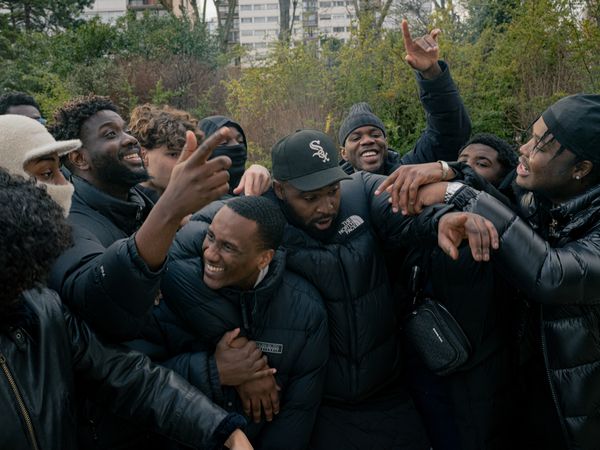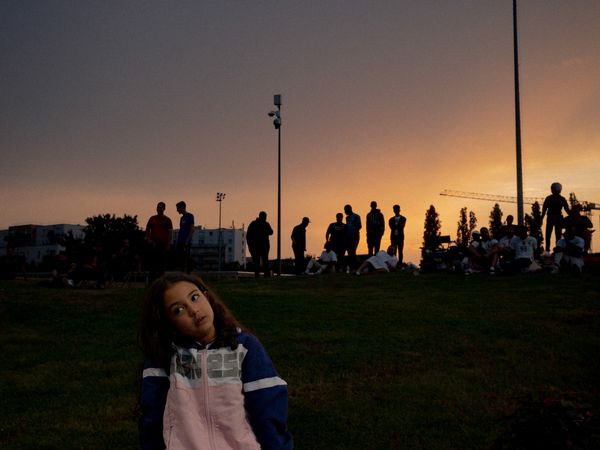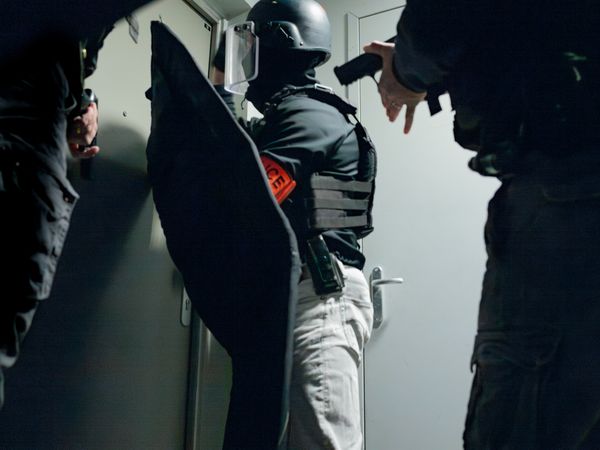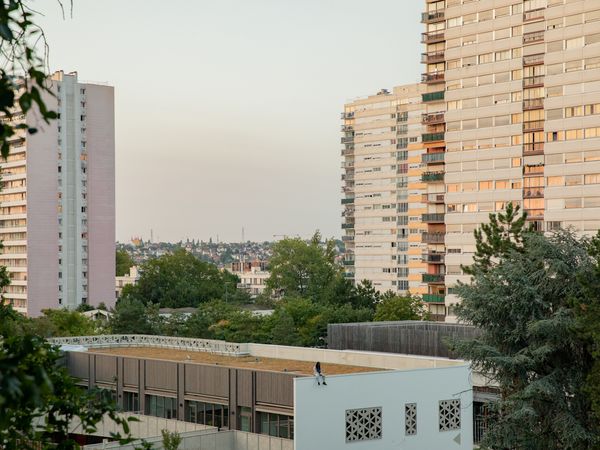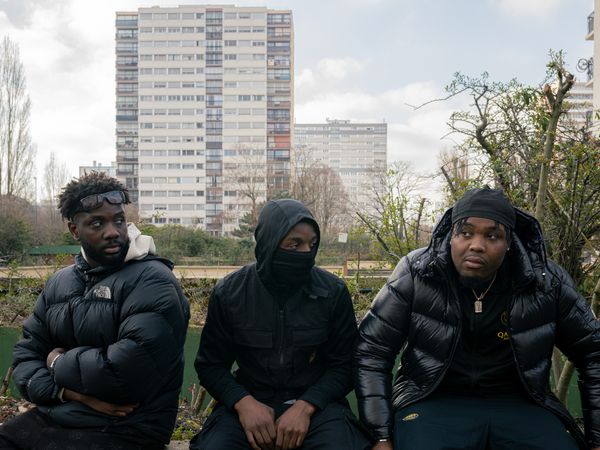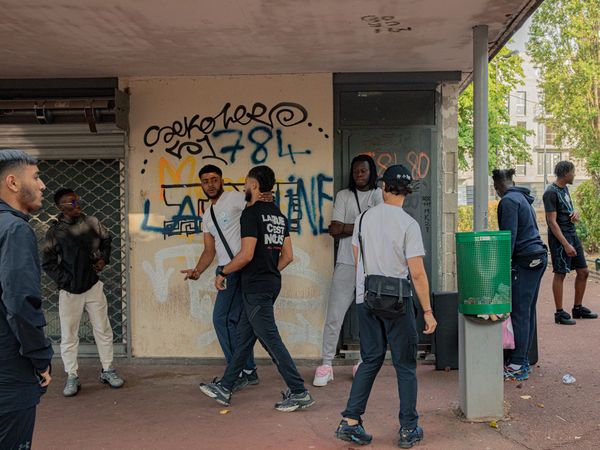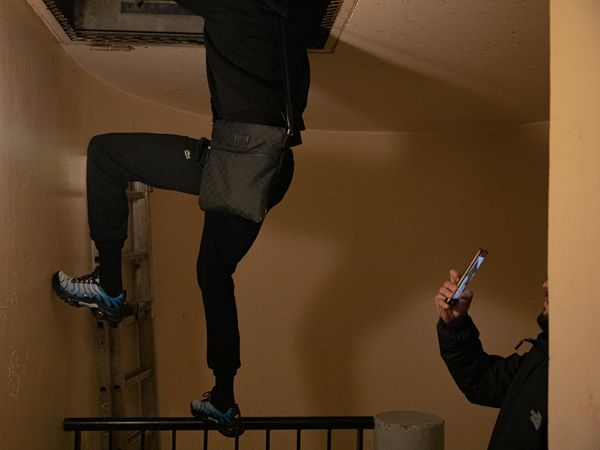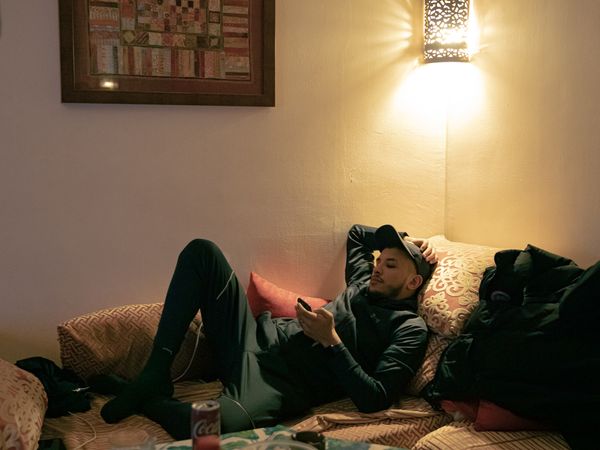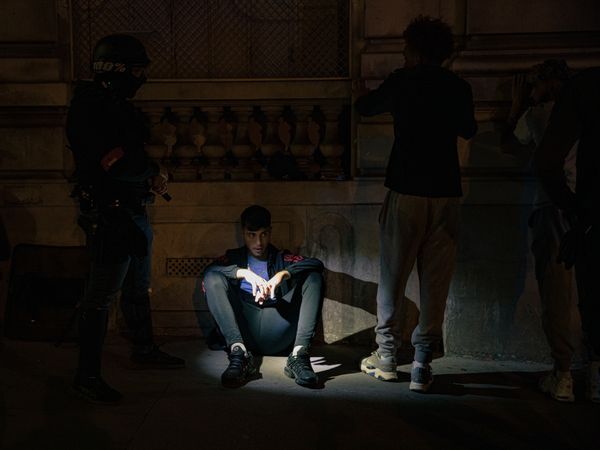Juvenile
-
Dates2019 - Ongoing
-
Author
- Locations Île-de-France, Aubervilliers, Aulnay-sous-Bois, Saint-Denis
The death of Nahel Merzouk killed by the police was only the trigger of the 2023 Urban Revolts in France, but the reasons why young people from the stigmatized "banlieues" are demonstrating their anger go deeper.
The death of Nahel Merzouk, killed by the police on June 27, 2023, was only the trigger for the 2023 urban uprisings in France. The reasons lie deeper, and are linked to economic and social factors.
Led and organized on social medias by young people from the banlieues all over France, the urban revolts have cost more than 730 million euros in damage, and revived issues of social discrimination and systemic racism. These young people, who are challenging the definition of French identity, have never felt the fracture with the state more keenly - they are, for many, descendants of France's colonial history, the second and third generation of immigrants from the Maghreb, Central Africa and Indochina.
Since the riots of 2005, the 93rd district, one of the poorest in France with a population of 1.6 million, has been transformed. Drug trafficking and social initiatives have profoundly pacified the streets, filling the government's absence creating a strange atmosphere between tension and peace. The area is known to many for its high levels of poverty or violence, where misery is widespread and social tensions have yet to ease.
The alleged use of racial profiling during roadside and identity checks is a recurring issue, which has contributed to the "revolt" according to the League of Human Rights. In 2016, the French Supreme Court condemned the government for racial profiling, finding the practice discriminatory. On this basis, the Paris civil court sued the French state for police violence, unjustified identity checks and abusive arrests.
"In 2005, we were already talking about extreme poverty. But COVID has made the situation even worse, and inflation has added another layer. Even those who work can no longer get by. And the children witness their parents' inability to fill the fridge, and feel completely relegated." says the mayor of Grigny, one of the most deprived town. His peers believe that the living conditions are at the root of the riots.
Halfway between adolescence and adulthood, these young protesters from the French banlieues, lost between the housing projects and the residential districts, get together to fight, to love each other and to celebrate what can be celebrated. Recently, the vote on the anti-immigration law, supported by the far-right and the government, deepens the divide in a France that wishes to maintain its revolutionary ideals in an increasingly multicultural society, where many young people no longer have a sense of nationality.
